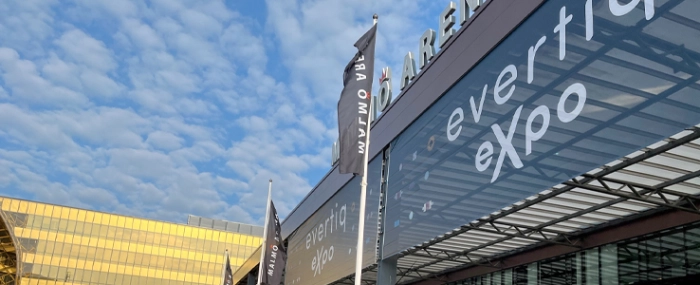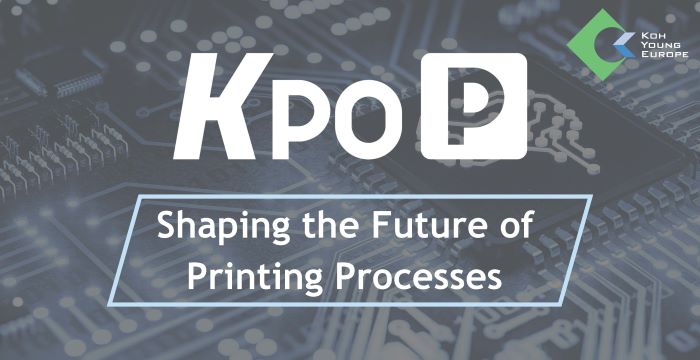
Evertiq Expo Malmö – technology, tactics and the ecosystems of tomorrow
Once again, the electronics industry gathered at Malmö Arena as Evertiq Expo took place on 15 May. With a total of 556 participants, a strong semiconductor focus on stage, and plenty of discussions around direction and opportunity, this year’s edition proved to be an important one.
When Evertiq Expo returned to Malmö Arena for the fourth time, the venue welcomed 556 participants in total – 302 visitors representing 189 companies, along with 104 exhibiting companies.
Conversations on the show floor reflected an industry fully aware of global volatility, yet ready for growth. Much of the discussion revolved around the ongoing trade war between the US and China, or tariffs in general, the need to secure critical skills, and the outlook for the second half of the year.
Several companies that Evertiq spoke with highlighted the importance of proximity – to both customers and suppliers – and pointed to the role regional collaborations play in building resilience during uncertain times. It’s not necessarily that decisions are being postponed, but every investment is weighed with great care right now.
Semiconductors set the tone on stage
This year’s stage program was dominated by a topic that continues to grow in significance: semiconductors. The presentation “A national effort for innovation and growth that places Sweden on the global semiconductor map” drew a large audience. During this session, Semicon Sweden brought together representatives from across the ecosystem – including Ericsson, Lund University, the Swedish Chip Competence Center (SCC), and AlixLabs – to demonstrate how Sweden is working together to strengthen its position in the semiconductor sector.
Shifting currents in the global chip chain
Another highlight on stage was Claus Aasholm’s presentation, “Ripples and Tsunamis in the Semiconductor Supply Chain.” Through data and geopolitical analysis, he illustrated how the industry has moved beyond the classic cyclical patterns and is now influenced by a complex interplay of subsidies, export controls, AI, and national industrial policy ambitions.
Aasholm pointed to China’s long-term strategy and Europe’s fragmented approach as two contrasting examples – and concluded that the rules of the game are now being written in political arenas.
Semiconductors in Sweden – what does it take to succeed?
The semiconductor theme culminated in the panel discussion “Semiconductors in Sweden – what does it take to succeed?”, where representatives from industry, academia, and public initiatives explored how Sweden can evolve from a network of competence hubs into a cohesive semiconductor ecosystem.
The discussion made it clear that the ambition is certainly there – but also that the road ahead is lined with challenges. Success will require clearer strategic leadership, long-term funding, and tighter collaboration across all parts of the value chain. Cooperation was emphasised as a critical factor – not only within Sweden but also in relation to broader European efforts.
A recurring point throughout the conversation was the shortage of technical talent – and the fact that the semiconductor industry remains too invisible, particularly to young people. Panellists stressed the importance of highlighting the sector's societal relevance, making career paths more visible, and showcasing the opportunities available to the engineers of tomorrow. Building an ecosystem is not just about technology and capital – it's also about people, education, and long-term commitment.
Evertiq Expo Malmö 2025 offered a full day where Sweden's electronics industry had the chance to connect, showcase its strengths, and dive deep into key future topics. On 21 May 2026, the event returns to Malmö Arena for its fifth edition.

